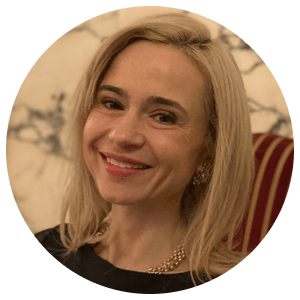
“I know a lot about beans. I wanted to share that knowledge with potential customers,” explained Bob, a third-generation coffee roaster with over forty years in the business. “More than just talking about my business, I wanted to leave a written legacy that preserves the history of my family business selling and roasting coffee in the United States since the early 20th century.”
A Brief History of Coffee Vending in Manhattan
“My great-grandfather was an Austrian immigrant who roasted coffee in small batches at his roastery in lower Manhattan, which was the center of coffee production in the city until the mid-1900s,” said Bob. (High rents eventually pushed most coffee roasters to outer boroughs and counties.) “Max achieved a distinctively rich taste with his roasts and, as a result, developed a loyal customer base. He delivered coffee to customers on his pushcart throughout New York City and surrounding towns and was also a regular fixture at the lower Manhattan pushcart vendor markets.”
“Right now, I am working on the ups and downs we have faced over the past century,” Bob said. “My grandfather worked day and night to produce great coffee. But ultimately, the market changed.” After World War II, pushcart vendors were largely replaced by supermarkets and one-stop shopping, and he couldn’t keep up. But his son wanted to try it and started a new coffee company, armed with lessons learned from his father. “I think it’s essential for business owners to recognize what went wrong and, more importantly, learn from those mistakes.” Sometimes, however, even the best students get thrown a curve ball. “It’s hard to craft a business plan that takes into account wars or depressions or pandemics. Being nimble and willing to try new things can be all the difference between keeping a company afloat or locking the door.”
Facing the Future Fully Caffeinated
Bob runs his business by incorporating the knowledge of coffee roasting and blending passed down from his forefathers while keeping an eye on future business trends. One he’s focusing on intently is how climate change will impact coffee beans. “Arabica is the world’s most popular coffee. As a tropical crop, coffee requires specific temperature, rainfall, and humidity. Warming climates are changing these conditions, making it harder to grow Arabica, which is very sensitive to these changes. We think the hardier the Robusta coffee has the potential to become an important part of the market,” said Bob. “Robusta can be grown at lower altitudes and in more varied climates than Arabica coffee. However, Robusta has a more bitter flavor profile. So, we are experimenting with new roasting techniques in our coffee labs to mimic Arabica’s smoother and more complex taste. It’s an exciting time to be in the coffee business!”
Bob’s book about his family business portrays a specific time and place in American culture and a roadmap for other company leaders adapting their business models to changing economic landscapes, and he can’t wait to write some more–but first, he’ll need another cuppa joe to fuel the process.





